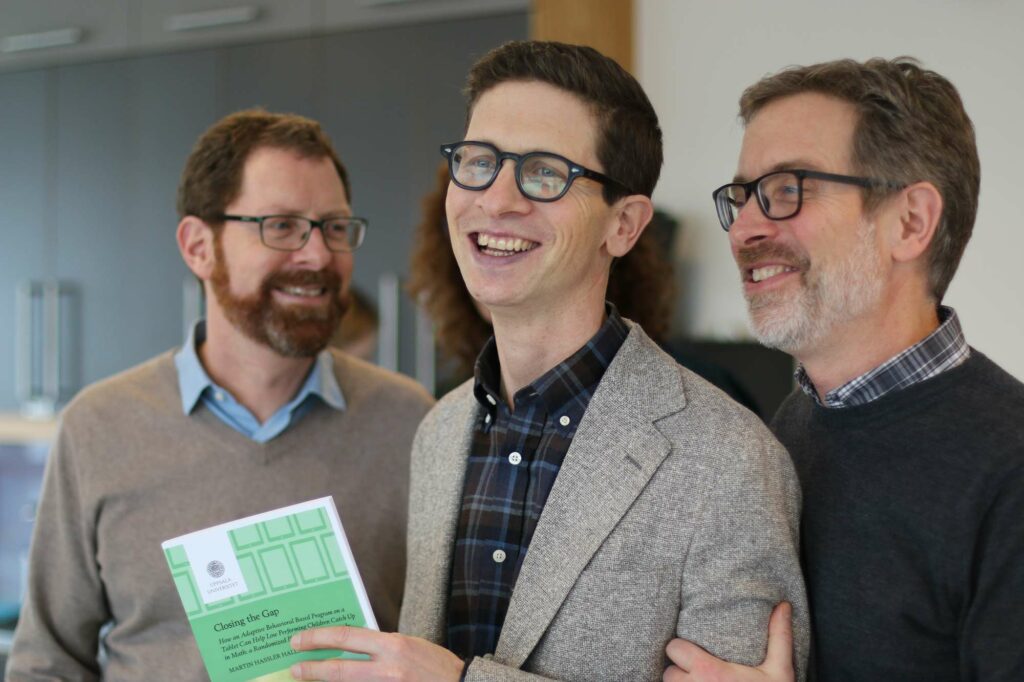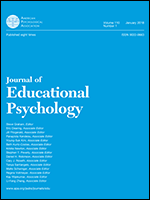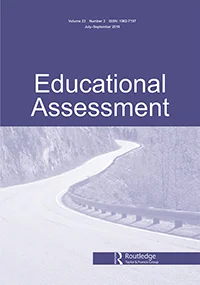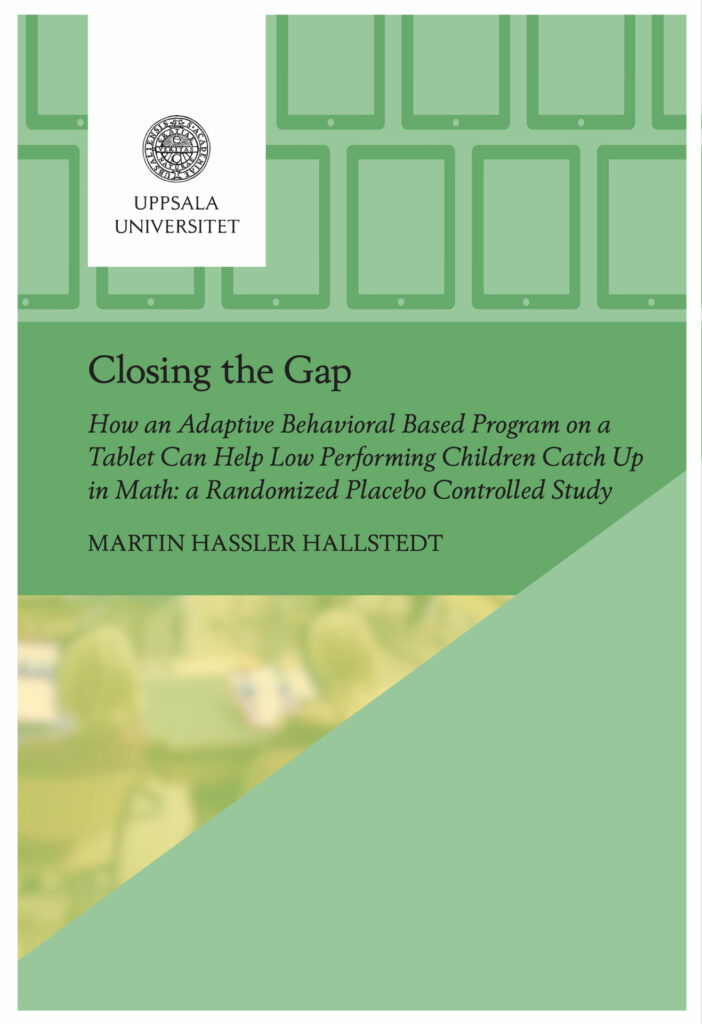The Science
Our Research Partners
We are evidence-based
At Akribian, science permeates everything we do. For us, science means gathering and applying knowledge through systematic methods based on evidence – it also makes us work differently from many other companies. Instead of creating a product and then trying to prove its effects and efficiency, we did it the other way around.
We want to disrupt the one-size-fits-all teaching model because we know that children don’t learn in the same way, at the same pace. We want to do more than convert traditional schoolbooks into a digital format – we aim to re-think education.

Evidence-based [adjective]
denoting an approach to medicine, education, and other disciplines that emphasizes the practical application of the findings of the best available current research.
Why combine science and games?
Many popular “homework”-style apps lack scientifically proven and rigorously tested results. There is no evidence to show long-term, statistically significant improvement in maths knowledge.
Our educational maths app Count on me! is developed from over ten years of gold-standard research and the research of Martin Hassler Hallstedt, Psychologist and PhD, Akribian co-founder and CEO. We can prove that children who use Count on me! increase their maths skills by 60%, compared to the children who did not train in the app.
In a story-driven learning adventure, children are more willing to practice, less afraid of getting questions wrong, and in the end, see the results that can only come from spending time learning maths. Instead of viewing their time learning maths as a chore, children want to come back and play every day.
Ongoing studies and collaborations
Dr Laura Outhwaite at University College of London and mathematics researcher Dr Ann Dowker at Oxford University will study the efficacy of Count on Me! on maths performance and maths anxiety for children using the app at home. This study (using a multiple single-case design) will start at the beginning of 2022.
With this collaboration, Akribian has been given the permission to use the comprehensive framework on mathematics from Cambridge Mathematics to inform our product development.
Akribian is currently doing three ongoing RCT:s with top-ranked Swedish universities Karolinska, Lund University, and Uppsala University.
The goal of the studies is to evaluate the efficacy of Count on Me! for various populations: typically developing 5-6-year-olds respectively 7-9-year-olds, as well as intellectually disabled children.
One of the studies – the Minerva project – is the largest RCT ever to evaluate digital mathematics training, including 1800 students
About Martin Hassler Hallstedt
Martin is a licensed psychologist and a PhD from Uppsala University. Throughout his career he has been using his skills in Cognitive Behavioural Therapy (CBT) and Behavior Analysis to improve children’s mathematics learning. The large published intervention study referred to above was Martin’s PhD at Uppsala University.
Before focusing on using CBT for educational purposes, he developed a parent management training program (called Komet) which is now an established evidence-based method in Sweden that helps parents handle behavioral problems among their children.

Publications and list of papers
Hassler Hallstedt, M., Klingberg, K., & Ghaderi, A. (2018) Short and Long-Term Effects of a Mathematics Tablet Intervention for Low Performing Second Graders. Journal of Educational Psychology.
Hassler Hallstedt, M., & Ghaderi, A. (2018) Tablets Instead of Paper-Based Tests for Young Children? Comparability between Paper and Tablet Versions of the Mathematical Heidelberger Rechen Test 1-4. Educational Assessment.
Hassler Hallstedt, M., & Ghaderi, A. Predicting Long-Term Response in a Mathematics Tablet Intervention. Submitted for publication. Included in the doctoral dissertation, Closing the Gap,








